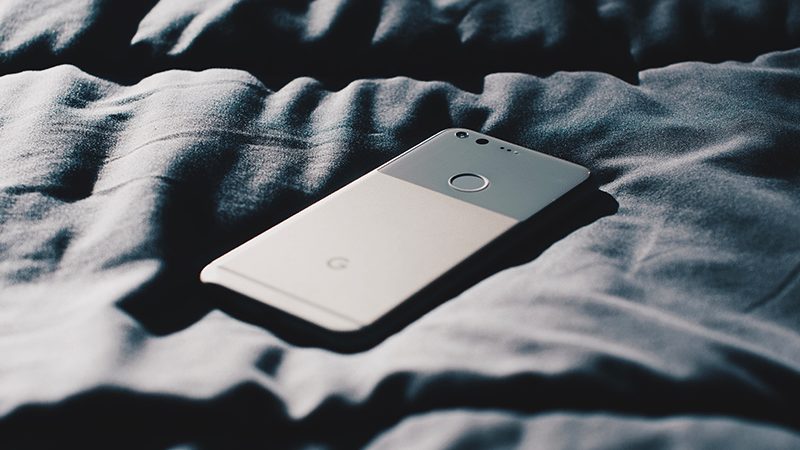Sleep & Mood
Episode #6 of the course How to manufacture the greatest sleep of your life by Austin Gill
The connection between sleep debt or insomnia and mood disorders like anxiety and depression is well-documented and almost universally accepted among healthcare professionals.
You’re probably thinking, “Insomnia? That’s a bit extreme,” but there are infinitely varying degrees of insomnia as well as multiple forms of the disorder that affect most of us at one time or another, such as:
• Difficulty initiating sleep
• Difficulty maintaining sleep
• Early morning wakefulness
Insomnia, in all its forms, is a significant risk factor for psychiatric diseases. As one study showed, insomniacs were 20 times more likely to develop a panic disorder (Krystal, 2013).
But you don’t have to be formally diagnosed with insomnia to be at risk. Trouble sleeping for as little as one week significantly increases feelings of irritability, anger, sadness, and mental exhaustion (Dinges, 1997).
Without enough sleep, you’ll be less friendly, less empathetic, and much less positive.
Researcher Rosalind D. Cartwright attributes this emotional imbalance to loss of deep sleep, or slow wave sleep caused by heightened brain activity in areas of the brain responsible for emotion.
Participants in her study, after only minimal sleep loss, exhibited signs of heightened emotions in association with less “neutrality,” which is your ability to remain, well, neutral by recognizing what is worthy of an emotional response and what isn’t.
When you lose neutrality, everything seems important and triggers emotional responses, even things that aren’t important and shouldn’t result in a strong reaction.
Without neutrality, you’re at risk for completely losing your cool at even the slightest disturbance (Simon, 2015).
Best to get your seven to nine hours each night, unless you enjoy being a complete emotional wreck.
Which brings us to . . .
Sleep Improvement Tip: Avoid Blue Light One to Two Hours Before Bed
Netflix is the best. I especially love all the Marvel series they’re doing right now, so it hurts me to tell you that your nightly bedtime binge is bad for your sleep.
Artificial blue light from phones, TVs, e-readers, and any other electronic screen disrupts your sleep cycle by tricking your brain into thinking it’s daytime and that it needs to stay alert. As few as five minutes of blue light shuts down melatonin production (Fonken, 2013).
When you’re unable to completely avoid screens, the next best thing is to filter out the blue light. Here are some nifty ways to do that:
• You can install this cool app called f.lux on your devices. It’s free.
• Or pick up a pair of these stylish blue light-blocking glasses. This not so stylish but much cheaper version also works well.
Pro tip: If you want to take your sleep to another level, avoid artificial blue light even during the day, and especially first thing in the morning.
In tomorrow’s episode we’ll be discussing sleep and memory, and I’ll be providing a tip that continues the theme of darkness.
Sleep tight.
Recommended book
Sleep Soundly Every Night, Feel Fantastic Every Day by Robert Rosenberg
Share with friends

